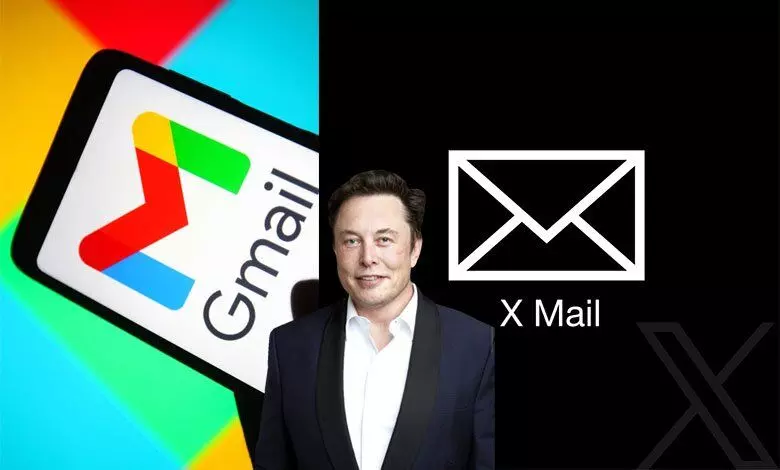The tech world is abuzz with the news of Elon Musk’s latest venture: Xmail, an email service aiming to dethrone the reigning champion, Gmail. This announcement comes amidst Musk’s acquisition and transformation of the social media platform, X (formerly Twitter), into a potential “everything app.”
The news originated from a seemingly innocuous exchange on X. When questioned by an X engineer about the possibility of an email service, Musk simply replied, “Coming.” This brief statement sent shockwaves through the industry, sparking speculation about Xmail’s features, launch date, and potential impact on the email landscape.
While details about Xmail remain scarce, several factors suggest it could pose a significant challenge to Gmail’s dominance.
Leveraging the X Ecosystem: Xmail will benefit from being integrated into the X platform, potentially offering seamless access and functionalities across various services. Users might be able to compose emails within X chats, manage calendars, and access cloud storage, all within a unified ecosystem. This integrated approach could appeal to users seeking a streamlined digital experience.
Focus on Privacy and Security: Musk has repeatedly emphasized his commitment to free speech and data privacy on X. Xmail could inherit these principles, offering features like end-to-end encryption, enhanced spam filtering, and granular user control over data. In the wake of growing concerns about data privacy, such features could attract users wary of traditional email providers.
Innovation and Disruption: Musk is known for his audacious ideas and willingness to disrupt established industries. Xmail might introduce innovative features or functionalities that redefine user expectations for email services. This could include integration with AI-powered assistants, advanced search capabilities, or novel collaboration tools.
The Musk Factor: Elon Musk himself holds immense influence in the tech world. His involvement with Xmail could generate significant buzz and attract early adopters, especially among his loyal following. This initial momentum could be crucial in establishing Xmail as a viable competitor.
However, Xmail faces several hurdles in its quest to dethrone Gmail.
Established User Base: Gmail boasts a staggering 1.8 billion users, a formidable barrier for any new entrant. Xmail will need to offer compelling features and establish trust to convince users to switch from their familiar platform.
Integration Challenges: Integrating seamlessly with existing email providers and services like calendars and contacts will be crucial for user adoption. Xmail will need to overcome technical hurdles and potential compatibility issues.
Monetization Strategy: While details are unknown, Xmail’s monetization strategy remains a question mark. Gmail relies heavily on advertising, a model that raises privacy concerns for some users. Xmail will need to find a sustainable and user-friendly way to generate revenue.
The Competitive Landscape: The email market is not a monopoly. Established players like ProtonMail and Tutanota already offer privacy-focused alternatives. Xmail will need to carve out a niche and differentiate itself from existing competitors.



